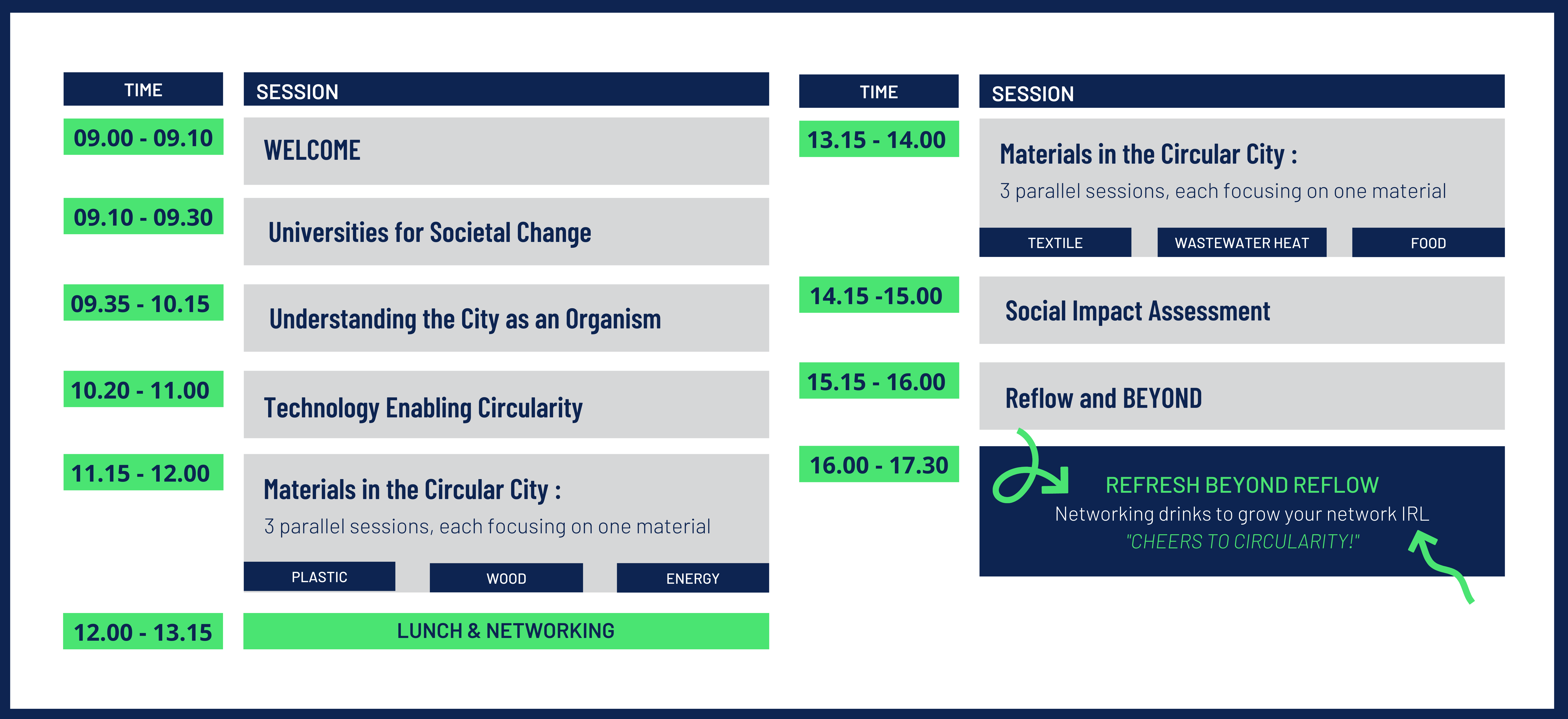REFLOW Final Event Programme – DAY 2 IN-PERSON
Thursday 31st of March: 9am to 5pm CET
Welcome
Inger Askhave: Deputy President/Acting President, Copenhagen Business School
09:10 – 9:30am
Universities for societal change
Reflow is a great example of how academia can contribute in practice to the development of new solutions, and bridge practice with theory.
The keynote focuses on how universities are taking responsibility to tackle societal challenges – in collaboration with business, governments and civil society, and how these efforts can be scaled.
| Hanne Harmsen | Green Transformation Officer at Copenhagen Business School | 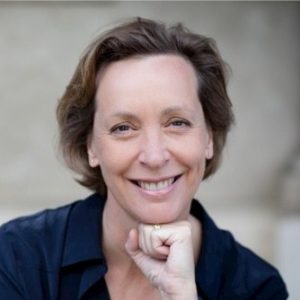 |
09:35 – 10:15am
Understanding the city as an organism: Urban metabolism
Urban metabolism is part of the strategic toolkit for developing circular and regenerative cities. It describes and quantifies the main resource flows (e.g., materials and energy) that enter a city, are used or stored, and then leave the city. Combined, this offers an integrated and holistic viewpoint of all the city’s activities, of its levels of resource productivity and urban systems’ resource and carbon footprint. The detailed overview of the city’s impact can then provide the basis for prioritization of high-impact CE action.
The roundtable is focused on how we can make the best use of this approach to accelerate the transition to regenerative cities.
| Leslie Petitjean | Circular Economy on building materials project manager at Est Ensemble Grand Paris | 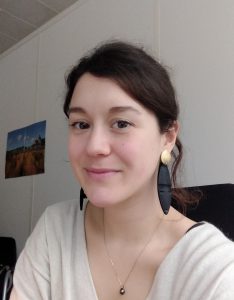 |
| Giuseppe Grossi | Research Professor in Accounting at Kristianstad University (Sweden) and Nord University (Norway) | 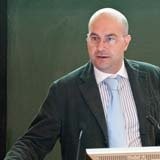 |
10:20 – 11:00am
Technology enabling circularity
A key outcome of Reflow is the Reflow Operating System. The Reflow OS is designed to enable the transition to circularity through features such as matchmaking, material track and trace, “material passport” creation and publication for use in distributed ledger blockchain technologies. Reflow OS is therefore a foundational technical basis for web browser- and smartphone applications and platforms, to map and trace products throughout their life cycles.
The session focuses on how technologies can be used to enable and ease the slowing and closing of loops across organisational boundaries.
| Adam Burns | Internet pioneer, technical practitioner, communication media researcher and activist | 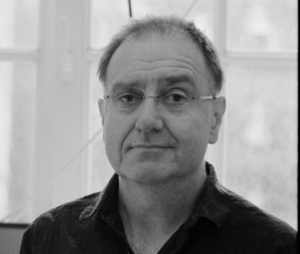 |
| Florian Schneider | Professor at the Trondheim Academy of Fine Art (NTNU) | 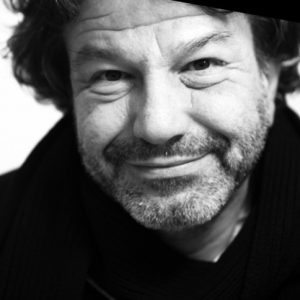 |
| Denis (Jaromil) Roio | Founder, CTO at Dyne |
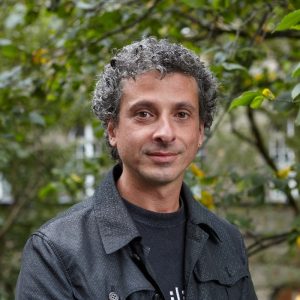 |
11:15am – 12:00pm
Materials in the circular city
Cities account for 2% of the planet’s land surface yet use 75% of the resources extracted by our global economy. Maximizing the circular and regenerative nature of urban resources, while minimizing urban waste and impacts has become both a pan-European priority and a key leverage to transition the European economy to a fundamentally sustainable state. A core concept of REFLOW is Urban Metabolism, which seeks to understand the flows of materials and energy within a city, and the six pilot cities of Reflow have focused on one material each. Materials in the circular city is divided into three sessions running in parallel. In each session, the pilot will present their solution(s) as a Pecha Kucha, before engaging external experts in a discussion on how the solution(s) can be scaled in a European context.
In this time slot, you can choose between joining the session of Vejle (DK) which has worked with plastic, Paris (FR) which has worked with wood, or Cluj-Napoca (RO) which has worked with Energy.
3 parallel sessions:
Plastic / Wood / Energy
?
| Marcel Pîrvu | Representative of Cluj-Napoca municipality inside REFLOW | 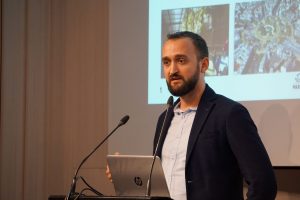 |
| Andra Tanase | Independent Consultant, Trainer and Strategist, and Project Manager at Transilvania IT by ARIES Transilvania | 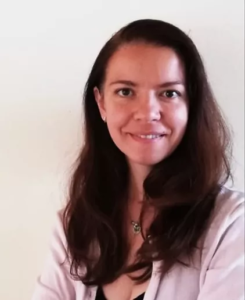 |
| Vasile Rednic | Senior Engineer, Technology Development – Centre of Advanced Research and Technology for Alternative Energies, National Institute for Research & Development of Isotopic & Molecular Technologies Cluj-Napoca | 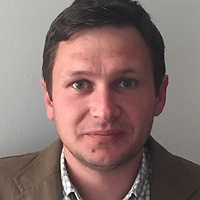 |
| Razvan Sima | CEO at RF Meters | 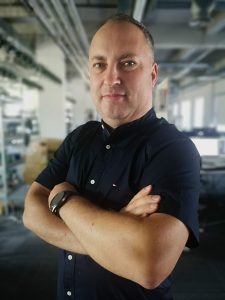 |
| Cecilie Schulze | Urban Strategist & Senior Project Manager | 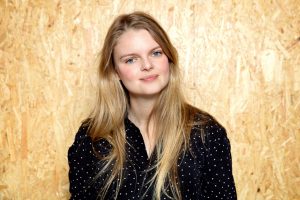 |
| Ann Louise | Anthropologist and project coordinator for REFLOW in Vejle | 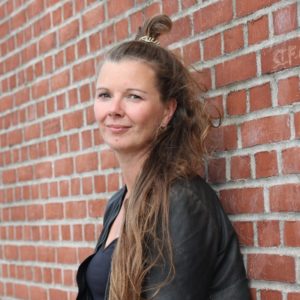 |
| Manon Taillebois | Reflow project manager for Paris | 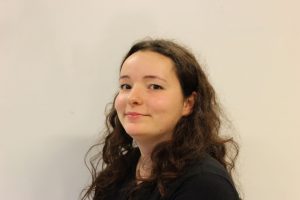 |
| Francesco Cingolani | Volumes director and cofounder of Driven, the first startup studio for the construction industry. | 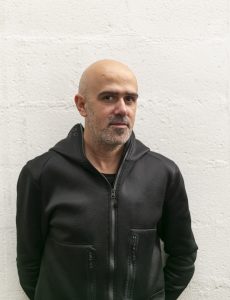 |
| Aldo Sollazzo | Founder and CEO of Noumena and Director of the Master in Robotics and Advanced Construction at Institute for Advanced Architecture of Catalonia (IAAC) | 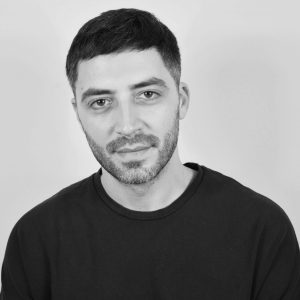 |
| Minh Man NGUYEN | Founder WAO Architecture and lecturer at ENSAPM – Paris-Malaquais School of Architecture | 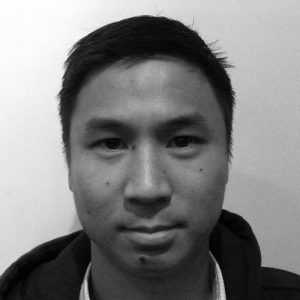 |
01:15 – 02:00pm
Materials in the circular city
In this time slot, you can choose between joining the session of Amsterdam (NL) which has worked with textile, Berlin (DE) which has worked with wastewater heat, or Milan (IT) which has worked with food.
3 parallel sessions:
Textile / Wastewater heat / Food
| Saimon Skurichin | Founder & CEO, BRØL, the World’s 1st Circular Brewery | 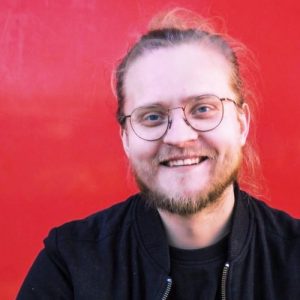 |
| Rossana Torri | Project Manager Urban Economy Administration Municipality of Milan | 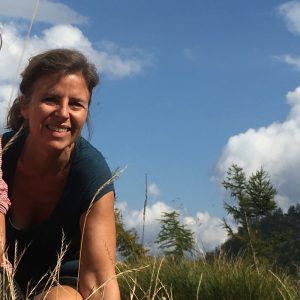 |
| Enrico Bassi | Designer and Coordinator at the Fab Lab OpenDot focusing on interaction design and digital fabrication | 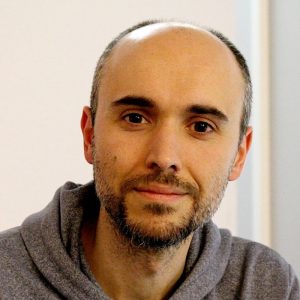 |
| Ger Brinks | Director of BMA~Techne and cofounder of SaXcell BV | 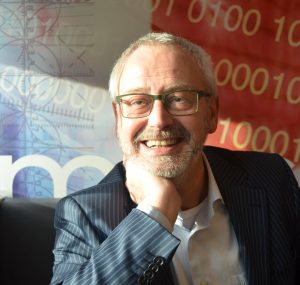 |
| Isabel Berentzen | Industrial designer and project manager at Waag´s TextileLab | 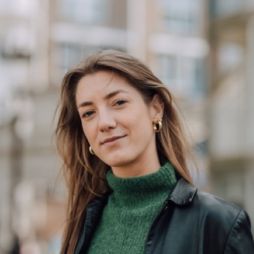 |
| Daniel Heltzel | Founder of Prototypes for Europe e.V., passionate about transferring sustainable technologies from research into real-world applications, and an angel investor for small impact companies. | 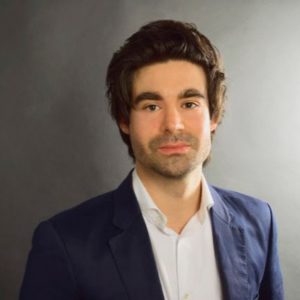 |
| Marie Busck | Head of CRS and sustainability at Danish Fashion and Textile | 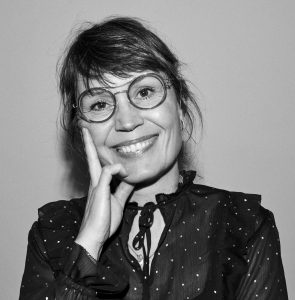 |
| Philine Kriependorf | Sustainability Manager at Kvadrat | 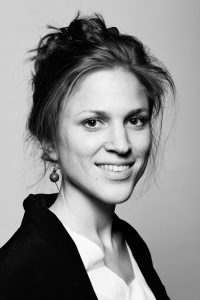 |
| Irene Di Lauro | Co-founder of FællesSkabet i København | 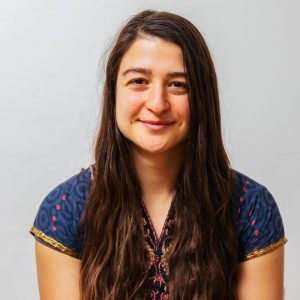 |
| Marco Giovanni | Chemist, Environmental and Chemical Risk analyst. Project Manager at Urban Resilience department – Municipality of Milan | 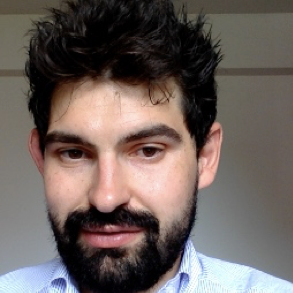 |
| Dr. Robert Brandt | Managing Director of the German Renewable Energy Agency (AEE) | 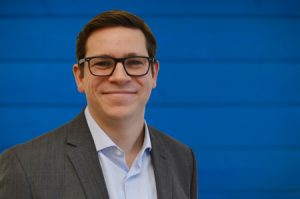 |
02:15 – 03:00pm
Social Impact Assessment
Social Impact Assessment is an attempt to measure change in ways that are relevant to the people or organizations that experience or contribute to it. Social Return on Investment (SROI) is a framework within the broader topic of impact assessment, translating social impact into economic value.
Reflow has relied on SROI as a measure of accounting for the created impact, and the roundtable will explore the effect of using this framework – more generally the importance of effectively measuring social impact, and how it contributes to circularity.
| Emil Bender Lassen | Co-founder @ Home.Earth, Co-founder and Chair of Trustees @ Project Access | 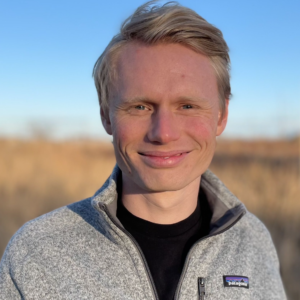 |
| Steffen Kallehauge | Head of Impact at B Corp Movement in the Nordics | 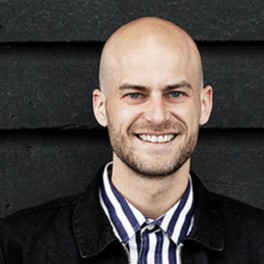 |
| Cristiana Parisi | Project Coordinator @ Reflow and Associate Professor in Management Control (CBS) | 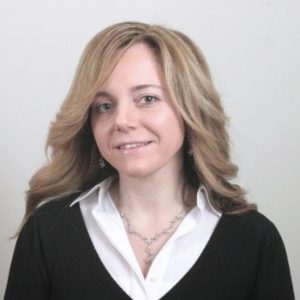 |
03:15 – 04:00pm
Reflow and Beyond
Although Reflow is coming to an end, the transition to circular cities continues. Luckily many other projects and initiatives are working towards the same mission. In this session we will look at the lessons we have learned, the solutions developed in Reflow and how they can continue to impact the transition, and how other actors can pick up the torch and continue the work beyond Reflow.
| Erwan Mouazan | Director of sustainability consultancy Ecovala, and Post Doc Ressearcher at the university of Vaasa on circular business model innovation | 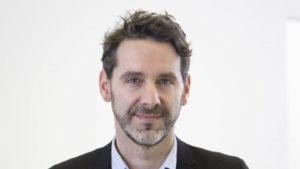 |
| Agnese Boccalon | Project Manager at ACR+ – Association of Cities and Regions for sustainable Ressource Management | 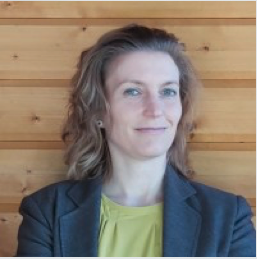 |
| Cristiana Parisi | Project Coordinator @ Reflow and Associate Professor in Management Control (CBS) |  |
| Pernille Kernel | Special consultant on Circular Economy at the Centre of Regional Development, Capital Region of Denmark | 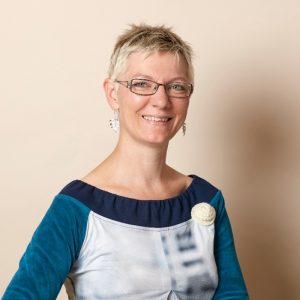 |
04:00 – 05:30pm
Refresh beyond Reflow
Join the final networking drinks to grow your network IRL.
Cheers to circularity!
